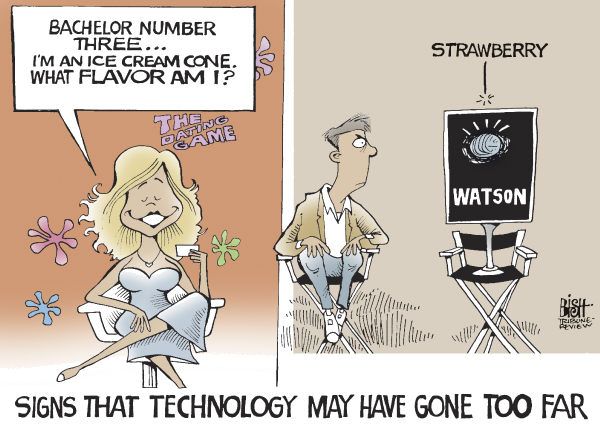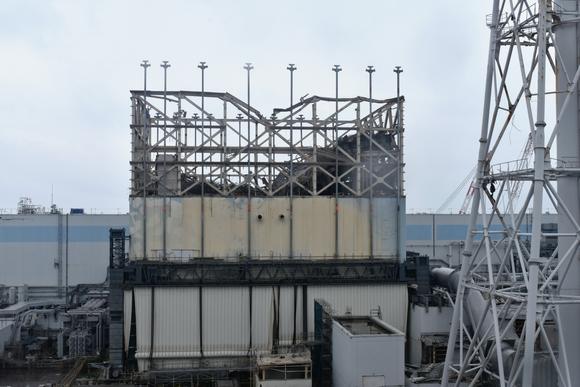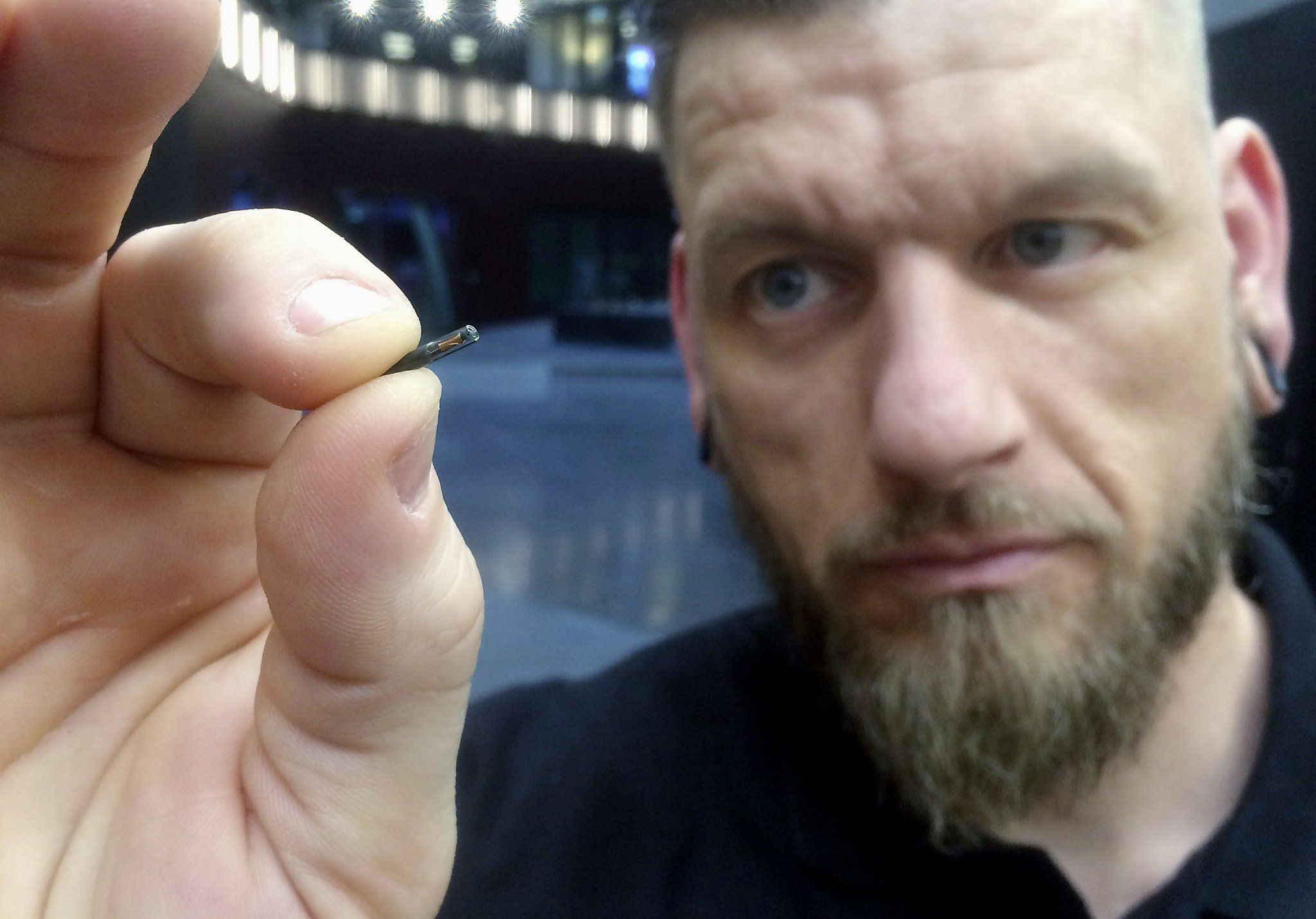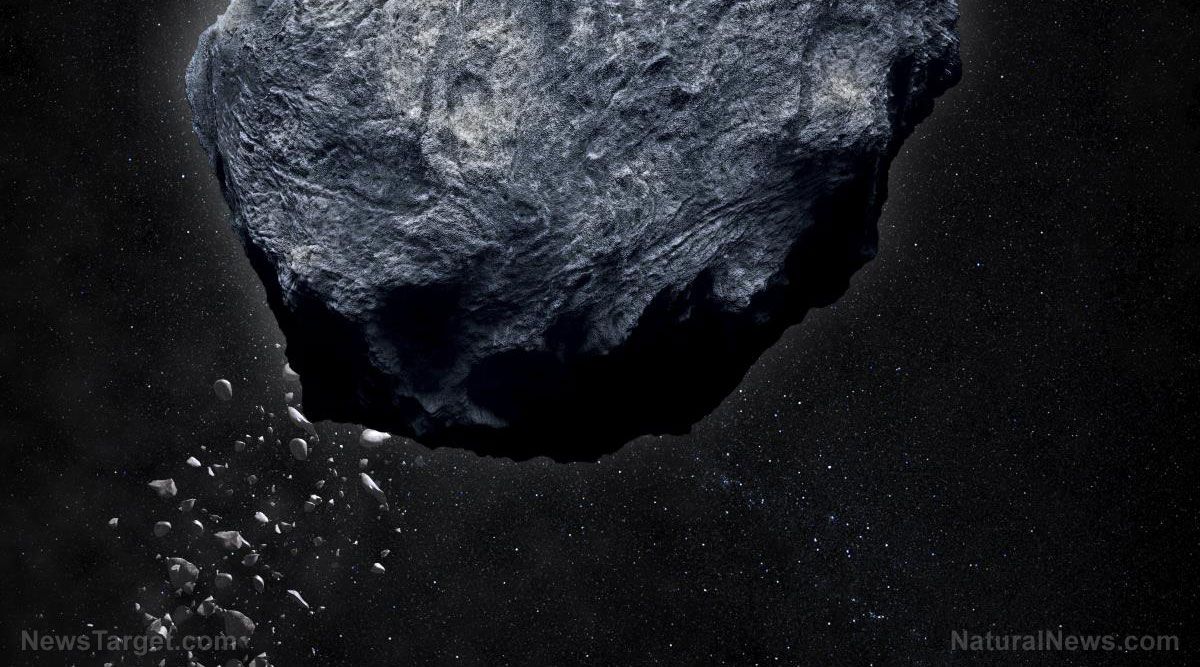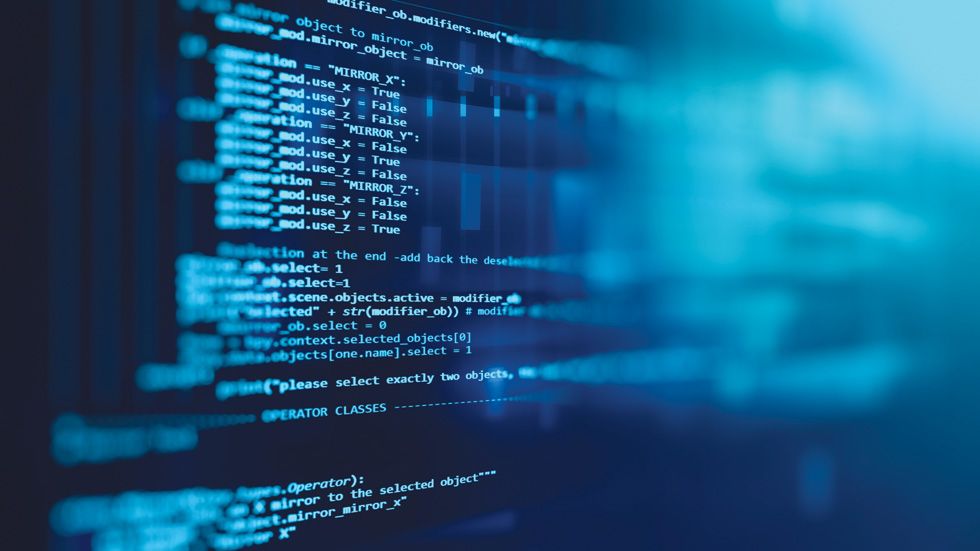Page 10199
Aug 27, 2017
‘Muscle robots’ being developed to remove debris from Fukushima reactors
Posted by Dan Kummer in categories: engineering, nuclear energy, robotics/AI
TOKYO — A joint venture between Japanese and American high-technology power houses Hitachi and General Electric is developing special robots for removing nuclear debris from the Fukushima Daiichi nuclear power plant, the most difficult task in decommissioning the plant’s six reactors, three of which suffered core meltdowns in the March 2011 accident.
The machines under development by Hitachi-GE Nuclear Energy are called “muscle robots,” as their hydraulic springs operate like human muscles. The company, based in Hitachi, Ibaraki Prefecture, is stepping up efforts to complete the development project in time for the start of debris removal in 2021.
Hitachi-GE is testing the arms of the robots at a plant of Chugai Technos, a Hiroshima-based engineering service company, located a 30-minute drive from the center of the city. The testing is taking place in a structure with a life-size model of the primary containment vessel of the No. 1 reactor at the Fukushima plant. The robots awkwardly move about, picking up concrete lumps standing in for fuel debris.
Continue reading “‘Muscle robots’ being developed to remove debris from Fukushima reactors” »
Aug 27, 2017
Leather grown using biotechnology is about to hit the catwalk
Posted by Dan Kummer in categories: biotech/medical, business, media & arts, military
LEATHERMAKING is an ancient craft. The oldest leather artefact found so far is a 5,500-year-old shoe from a cave in Armenia, but paintings in Egyptian tombs show that, 7,000 years ago, leather was being turned into all manner of things, from sandals to buckets to military equipment. It is a fair bet that the use of animal skins for shelter and clothing goes back hundreds of thousands of years at least.
Leathermaking is also, though, a nasty business. In 18th-century London the soaking of putrefying hides in urine and lime, to loosen any remaining flesh and hair, and the subsequent pounding of dog faeces into those skins to soften and preserve them, caused such a stench that the business was outlawed from the City proper and forced downwind and across the river into Bermondsey. In countries such as India and Japan, the trade tainted people as well as places and was (and often still remains) the preserve of social outcasts such as Dalits and Burakumin.
Aug 27, 2017
Mattis to troops: “Hold the line” until U.S. is less divided
Posted by Mark Larkento in category: military
Defense Secretary Jim Mattis, 66, a retired Marine four-star general, in impromptu remarks to troops abroad, in a Facebook video:
It’s good to see you all out here, young men and women. For those of you that I haven’t met, my name’s Mattis. I work at the Department of Defense, obviously… And thank you for being out here, OK? I know at times you wonder if anybody knows… The only way this great big experiment you and I call America is going to survive is if we got tough hombres like you…
You’re a great example for our country right now. It’s got a few problems. You know it and I know it. It’s got problems that we don’t have in the military.
Continue reading “Mattis to troops: ‘Hold the line’ until U.S. is less divided” »
Aug 27, 2017
Ice Cream That Doesn’t Melt is Being Sold in Japan
Posted by Yugal Agrawal in category: food

Now a long lasting ice cream which does not melt soon is available and being sold in Japan, which is scientifically proven.
Aug 27, 2017
The Coming Singularity: Ray Kurzweil
Posted by Müslüm Yildiz in categories: computing, engineering, neuroscience, Ray Kurzweil, singularity
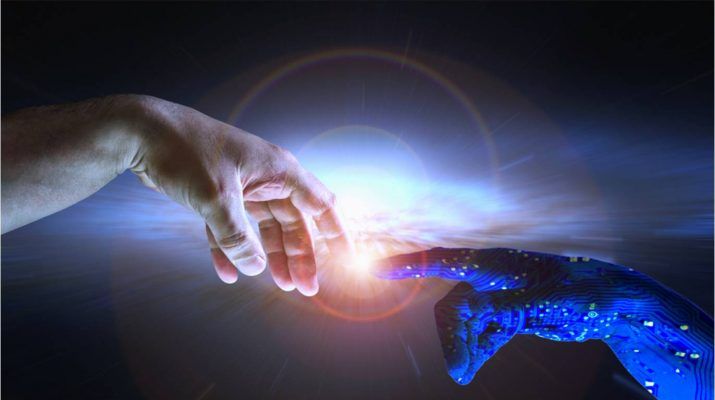
By 2045, we’ll have expanded the intelligence of our human machine civilization a billion fold. That will result in a technological singularity, a point beyond which it’s hard to imagine…
“Well, by 2020 we’ll have computers that are powerful enough to simulate the human brain, but we won’t be finished yet with reverse engineering the human brain and understanding its methods.”
Aug 27, 2017
Chip implants make humans more efficient
Posted by Zoltan Istvan in categories: biotech/medical, computing, food, neuroscience, security, transhumanism
My new Op-Ed for The San Francisco Chronicle: http://www.sfchronicle.com/opinion/openforum/article/Chip-im…003194.php #transhumanism
Wisconsin company Three Square Market recently announced it will become the first U.S. company to offer its employees chip implants that can be scanned at security entrances, carry medical information and even purchase candy in some vending machines. A company in Europe already did this last year.
For many people, it sounds crazy to electively have a piece of technology embedded in their body simply for convenience’s sake. But a growing number of Americans are doing it, including me.
Continue reading “Chip implants make humans more efficient” »
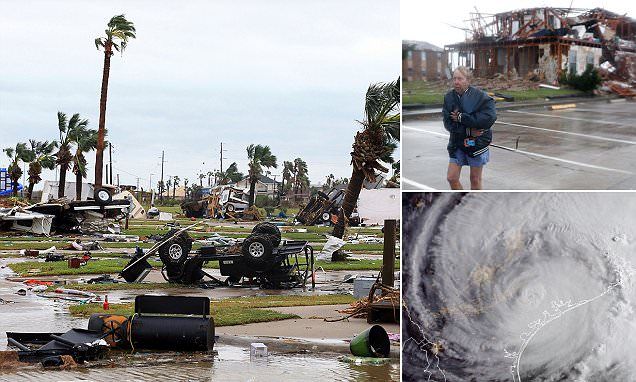
Texas residents are left reeling by ‘catastrophic’ flooding caused by Hurricane Harvey. Forty inches of rain is expected to fall with an estimated $40bn worth of damage left behind.
Aug 27, 2017
The great outer space LAND GRAB of the near future: Conflicts over space rock mining rights
Posted by John Gallagher in categories: economics, geopolitics, governance, law, space travel, treaties
(Natural News) Space has become a veritable goldmine of natural resources for many companies, yet can anyone lay claim to them? That’s the question legal experts claim will become relevant in the future as firm turn to the stars for precious metals and minerals, and it’s one that also needs to be answered as soon as possible to avoid hostility between competing firms and countries.
Barry Kellman, law professor of space governance at DePaul University in Chicago, explained: “There is a huge debate on whether companies can simply travel to space and extract its resources. There is no way to answer the question until someone does it.”
According to one international treaty, this need not even be an issue. The Outer Space Treaty of 1967, formally known as the Treaty on Principles Governing the Activities of States in the Exploration and Use of Outer Space, Including the Moon and Other Celestial Bodies, has served as the main standard for sharing space. As per the 1967 treaty, no single country can claim “national appropriation” of celestial bodies “by occupation or by other means”. (Related: MINING just one large asteroid could COLLAPSE the world economy due to surge of new supply for valuable metals.)
Aug 27, 2017
Cyberattacks, not North Korea, pose greatest security threat
Posted by John Gallagher in categories: cybercrime/malcode, economics, military
Based on the news, one would think the greatest threat to our nation is North Korea’s looming capability to strike the continental United States with nuclear tipped intercontinental ballistic missiles (ICBMs).
While the Hermit Kingdom’s ability to launch missiles with miniaturized nuclear payloads that can reach the U.S. is alarming, another threat to our national and economic security — targeted cyberattacks by state-sponsored advanced persistent threat (APT) groups and terrorist and criminal non-state actors — is being overlooked.
